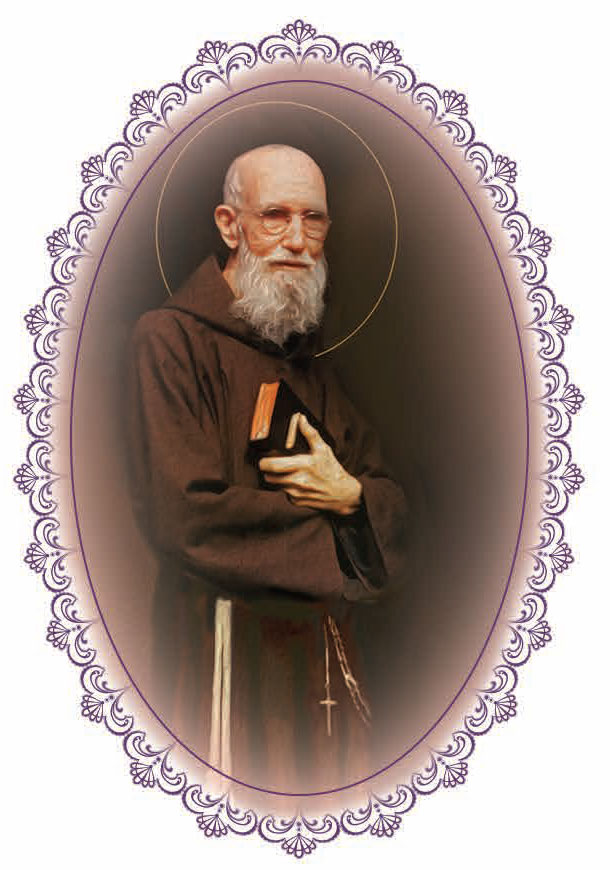Are Capuchins Catholic?

Introduction
The Capuchins, known formally as the Order of Friars Minor Capuchin (OFMCap), are a branch of the Franciscan family within the Roman Catholic Church. With a rich history dating back to the early 16th century, the Capuchins have made significant contributions to Catholicism through their commitment to a life of poverty, community service, and spiritual growth. This article explores the roots of the Capuchin order, their religious practices, and their role within the larger Catholic Church, providing insights into why they are indeed considered Catholic.
What Are Capuchins?
H2: Origin of the Capuchin Order
- Foundation: The Capuchin order was founded in 1525 by a group of Franciscan friars in Italy who sought a more austere and contemplative way of life.
- Name Meaning: The name "Capuchin" derives from the Italian word "cappuccio," referring to the hood worn by the friars, symbolizing their commitment to a humble lifestyle.
H3: Key Beliefs and Practices
-
Core Values:
- Poverty: A deep commitment to living a life of simplicity and detachment from material possessions.
- Prayer: Daily communal prayers and personal reflection are central to their spiritual practice.
- Service: Active involvement in missionary work and community service, embodying the Franciscan spirit of helping the marginalized.
-
Spiritual Life:
- The Capuchins emphasize a personal relationship with God through contemplative prayer and the sacraments, aligning closely with Catholic doctrine.
Are Capuchins Catholic?
H2: The Capuchins' Role in the Catholic Church
- Affiliation: As part of the Catholic Church, the Capuchins adhere to the teachings and sacraments of Catholicism.
- Hierarchy: The order operates under the authority of the Pope and is governed by the same canon law that applies to all Catholic religious orders.
H3: Contributions to Catholicism
- Mission Work: Capuchins are known for their missionary efforts worldwide, spreading the teachings of Christ and addressing social issues such as poverty, education, and healthcare.
- Theology and Education: They have established schools, universities, and seminaries, contributing to theological education and the formation of future clergy.
Capuchin Spirituality
H2: Unique Aspects of Capuchin Spirituality
- Franciscan Heritage: Capuchin spirituality is deeply rooted in the teachings of St. Francis of Assisi, focusing on peace, charity, and the love of creation.
- Community Life: Living in fraternity, Capuchins emphasize the importance of community support and shared prayer life, reflecting the communal aspects of Catholic worship.
H3: Vows and Lifestyle
- Three Vows: Capuchins take vows of poverty, chastity, and obedience, committing themselves to a life dedicated to God and the service of others.
- Lifestyle: Their lifestyle is characterized by simplicity, often living in small communities and engaging actively with the local population.
Real-World Impact of Capuchin Friars
H2: Case Studies of Capuchin Contributions
- Global Missions: Capuchins have established missions in various countries, providing humanitarian aid and spiritual guidance in regions affected by conflict and poverty.
- Social Justice: In many areas, they advocate for social justice, working to empower local communities and promote human dignity.
H3: Notable Capuchin Figures
- St. Pio of Pietrelcina: Known as Padre Pio, he was a Capuchin friar famous for his piety and miraculous healings, drawing thousands to the Catholic faith.
- St. Francis of Assisi: While not a Capuchin himself, his teachings profoundly influence Capuchin spirituality and mission.
Conclusion
In summary, the Capuchins are indeed a Catholic order, deeply intertwined with the beliefs and practices of the Roman Catholic Church. Their commitment to poverty, prayer, and service exemplifies the core values of Catholicism. Through their global missions and community-oriented approach, Capuchins continue to make a significant impact on the Church and the world. As they embody the spirit of St. Francis, they inspire others to engage in a life of faith, compassion, and service to humanity. Reflecting on their legacy encourages us to consider our own roles in serving others and living out our faith in meaningful ways.



Comments ()